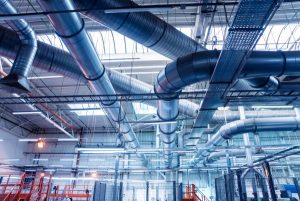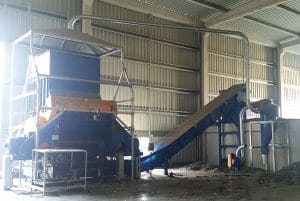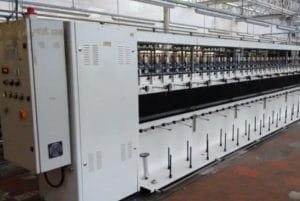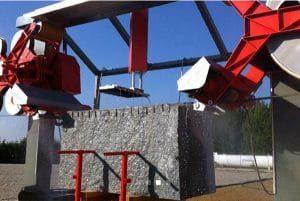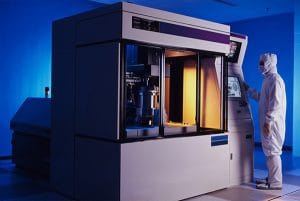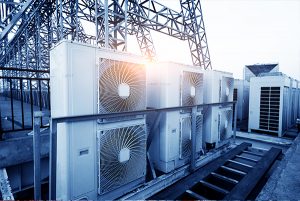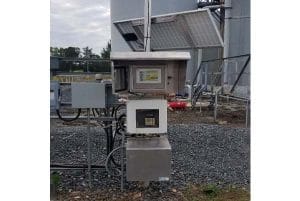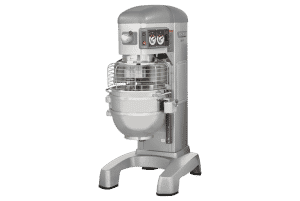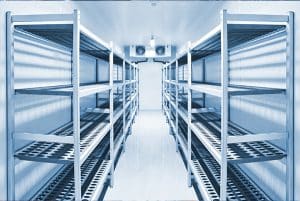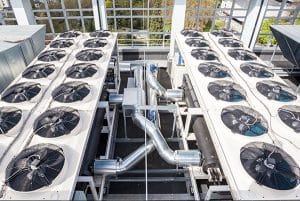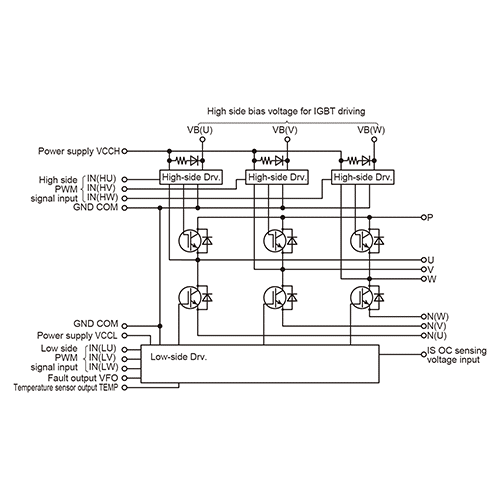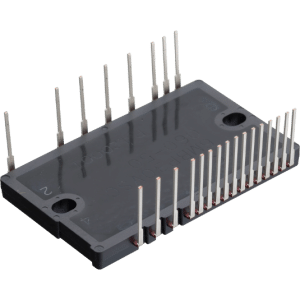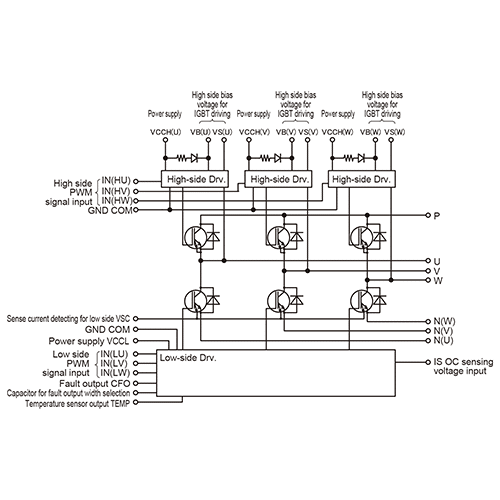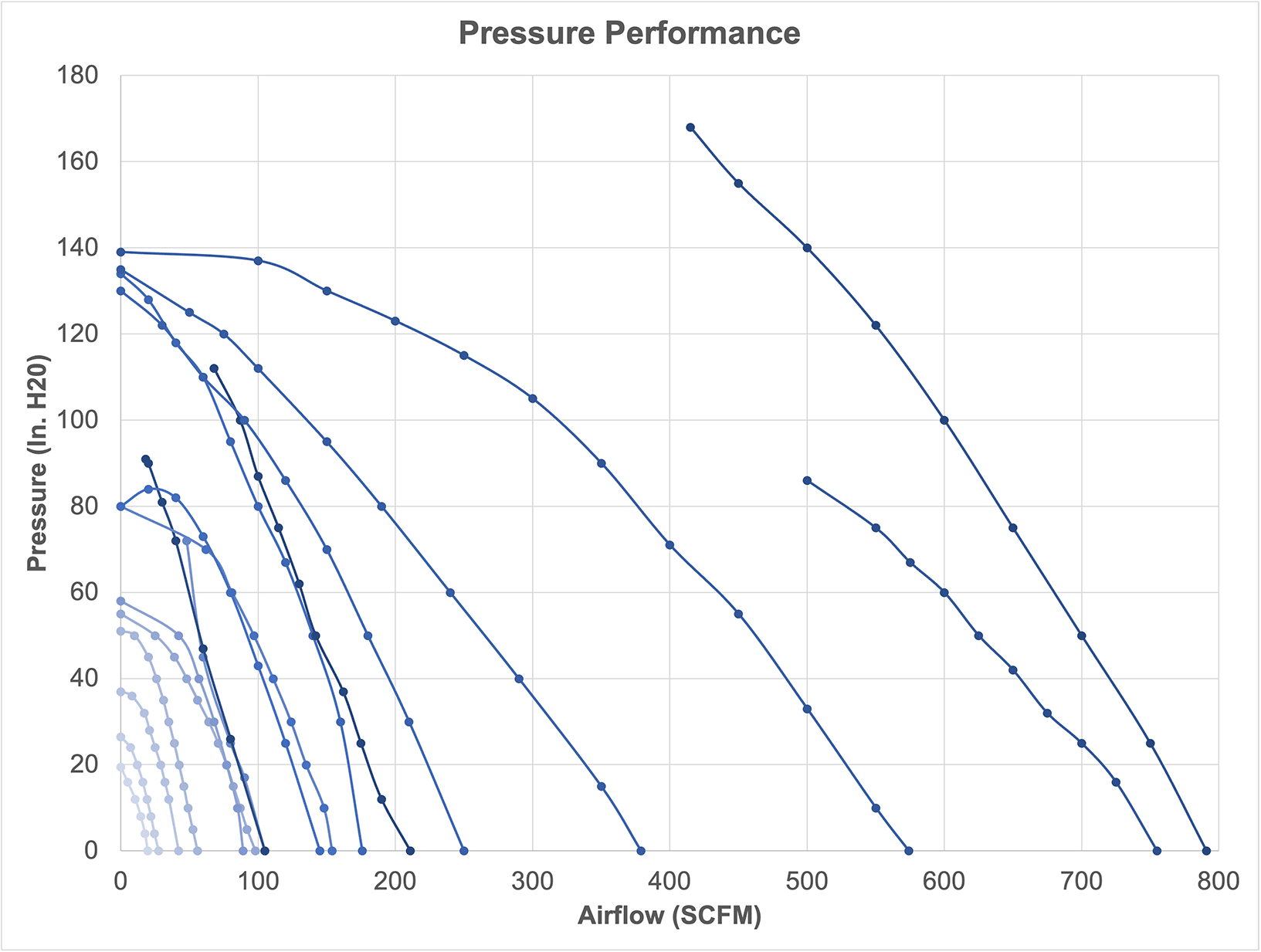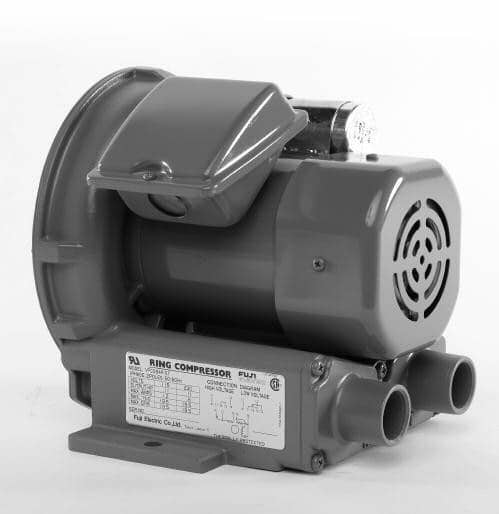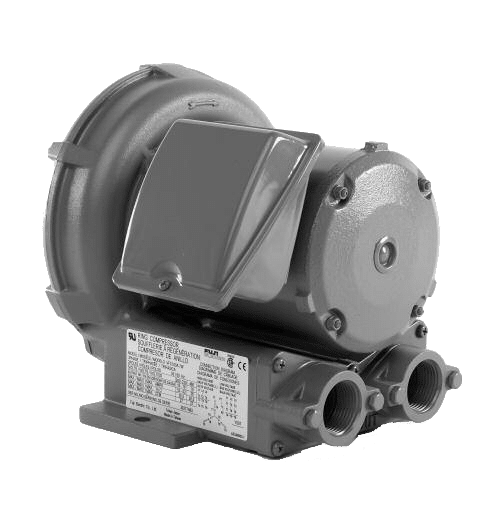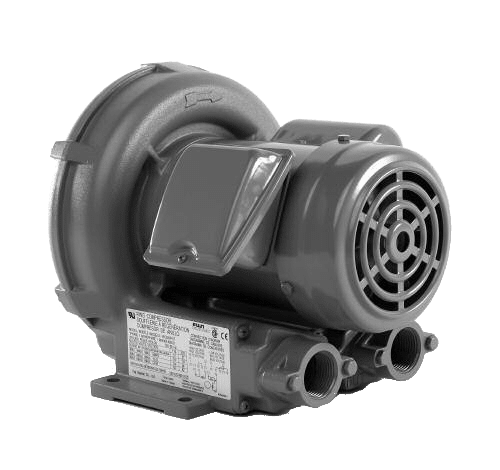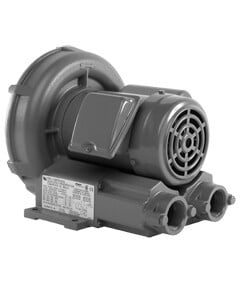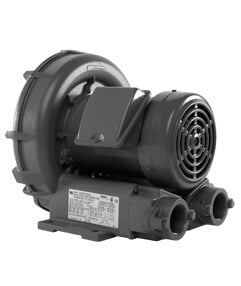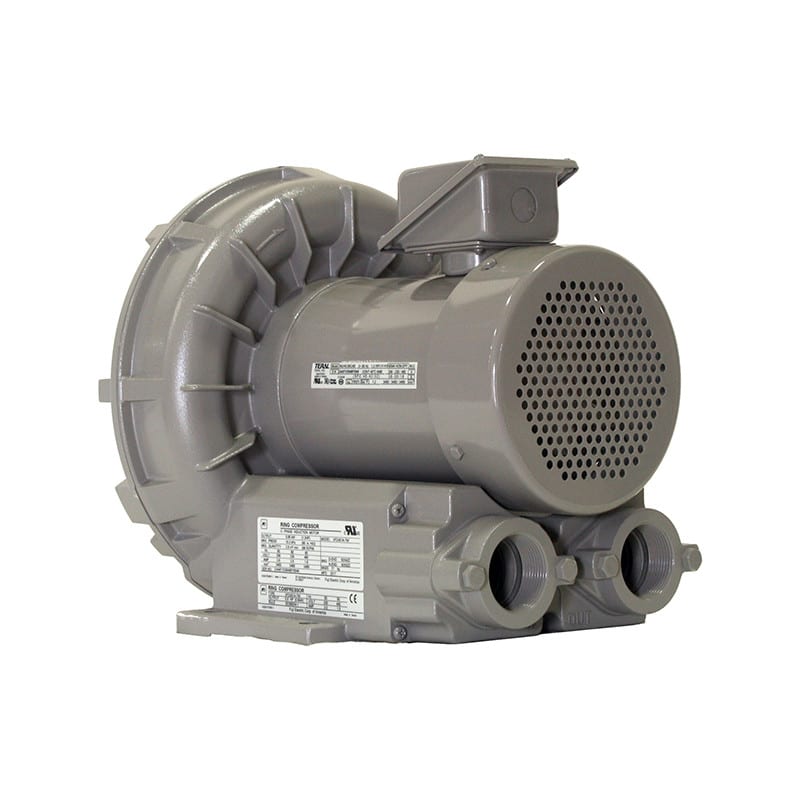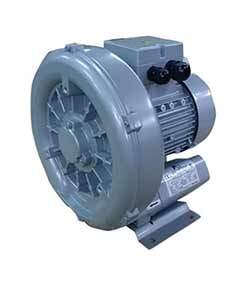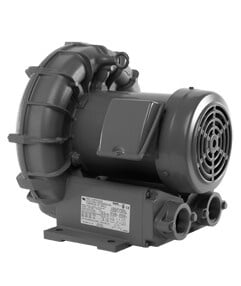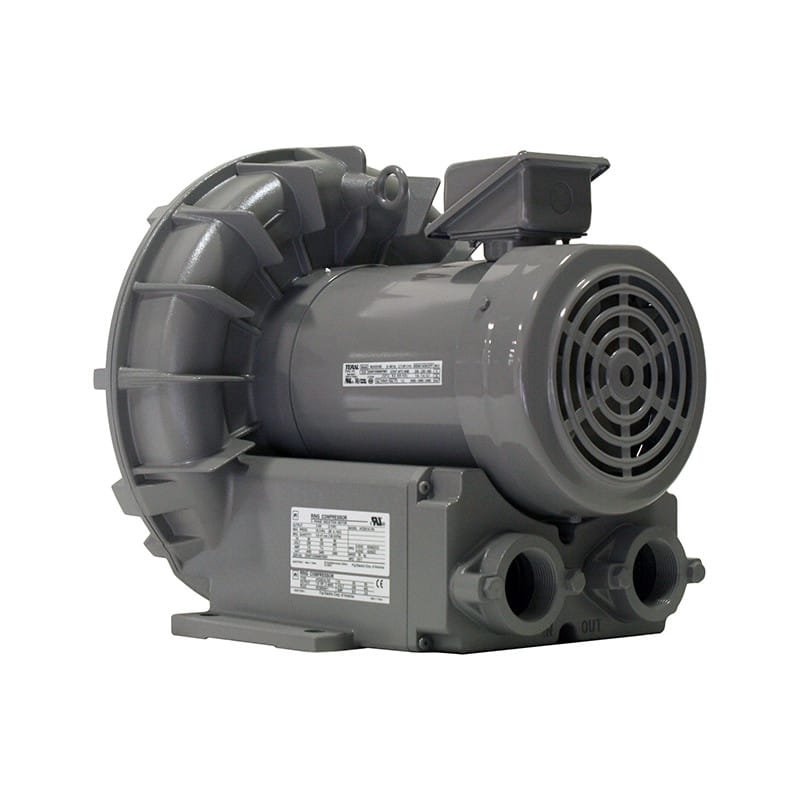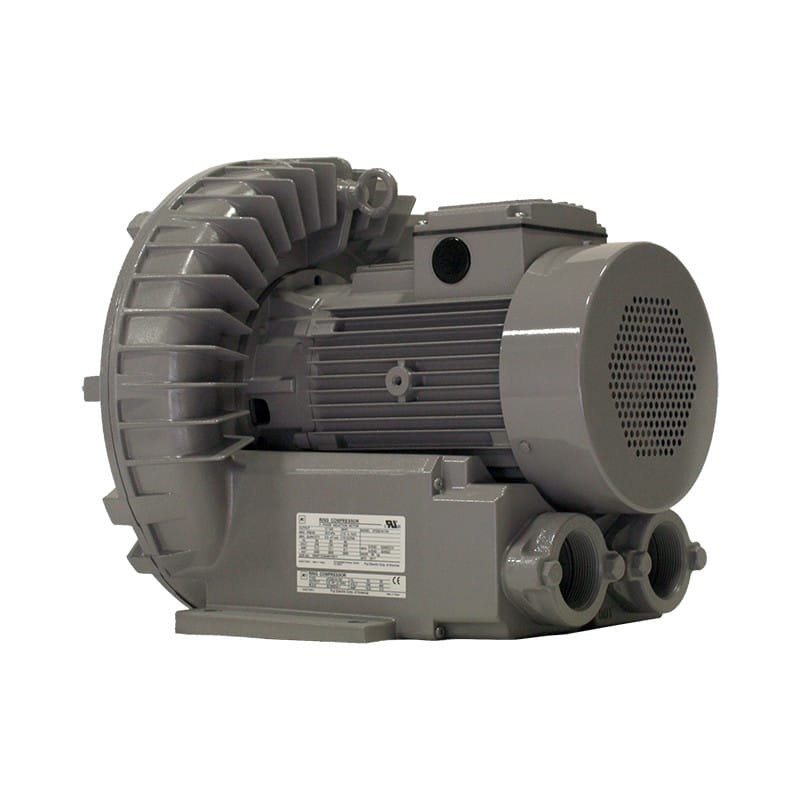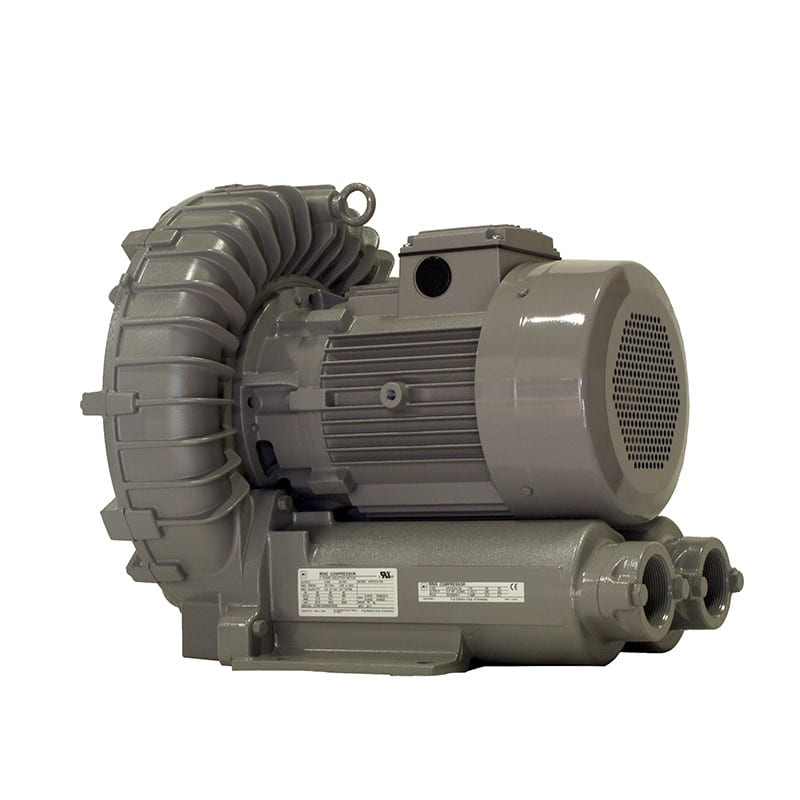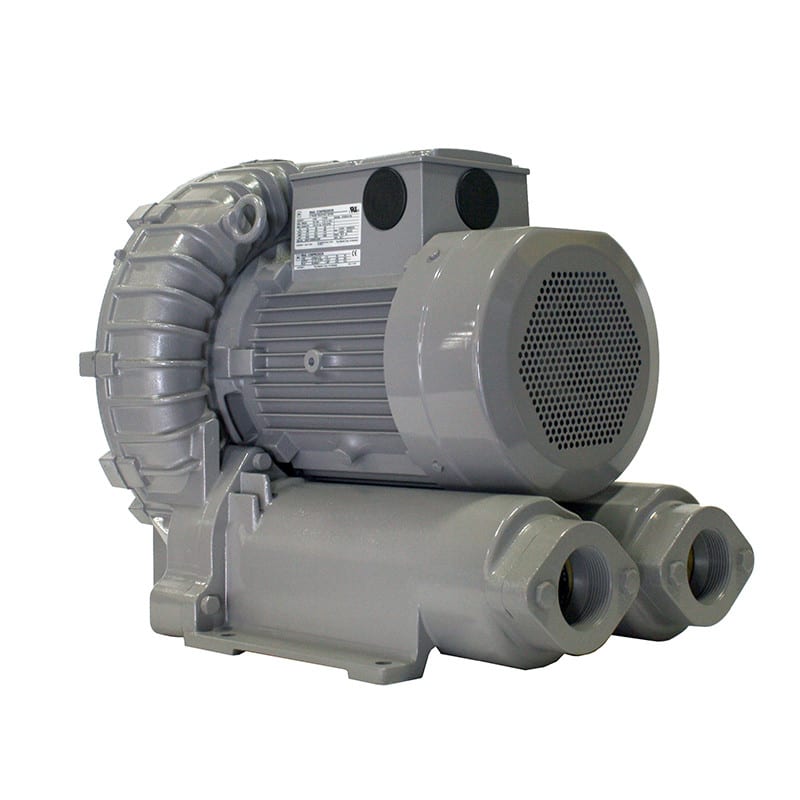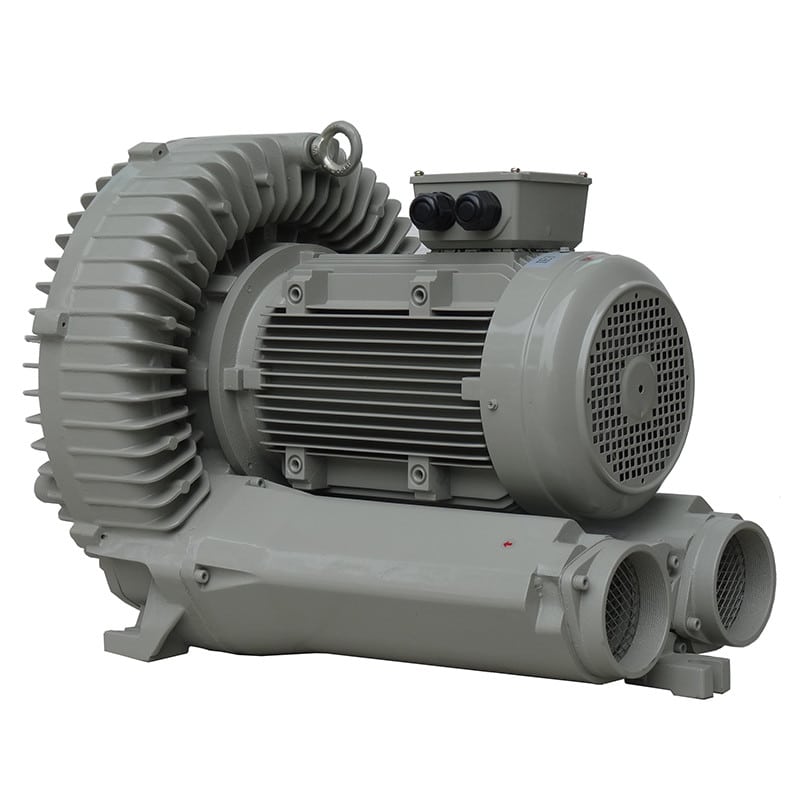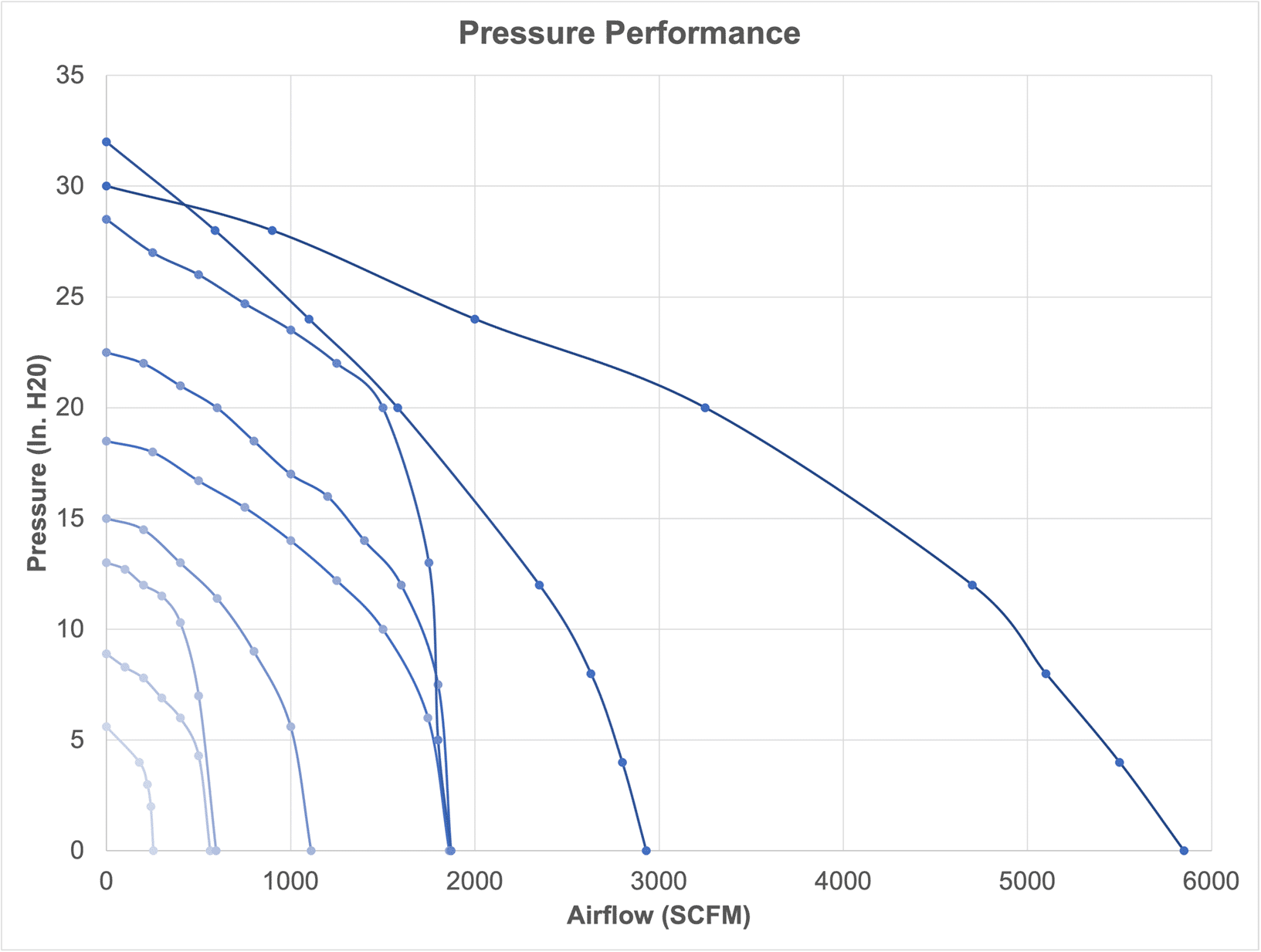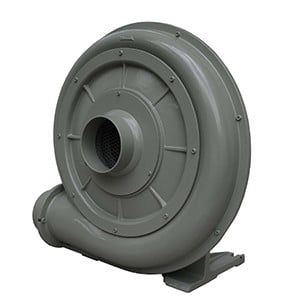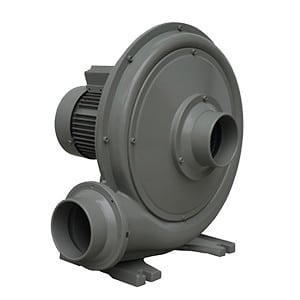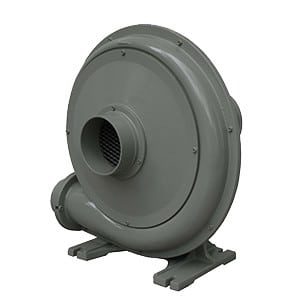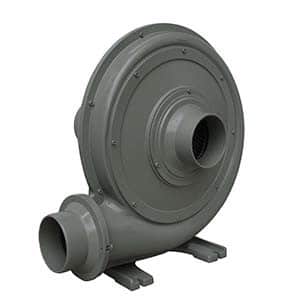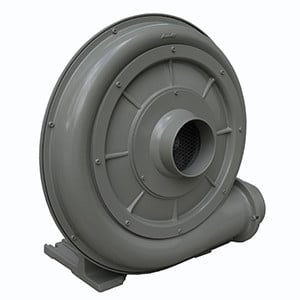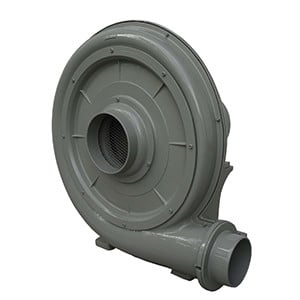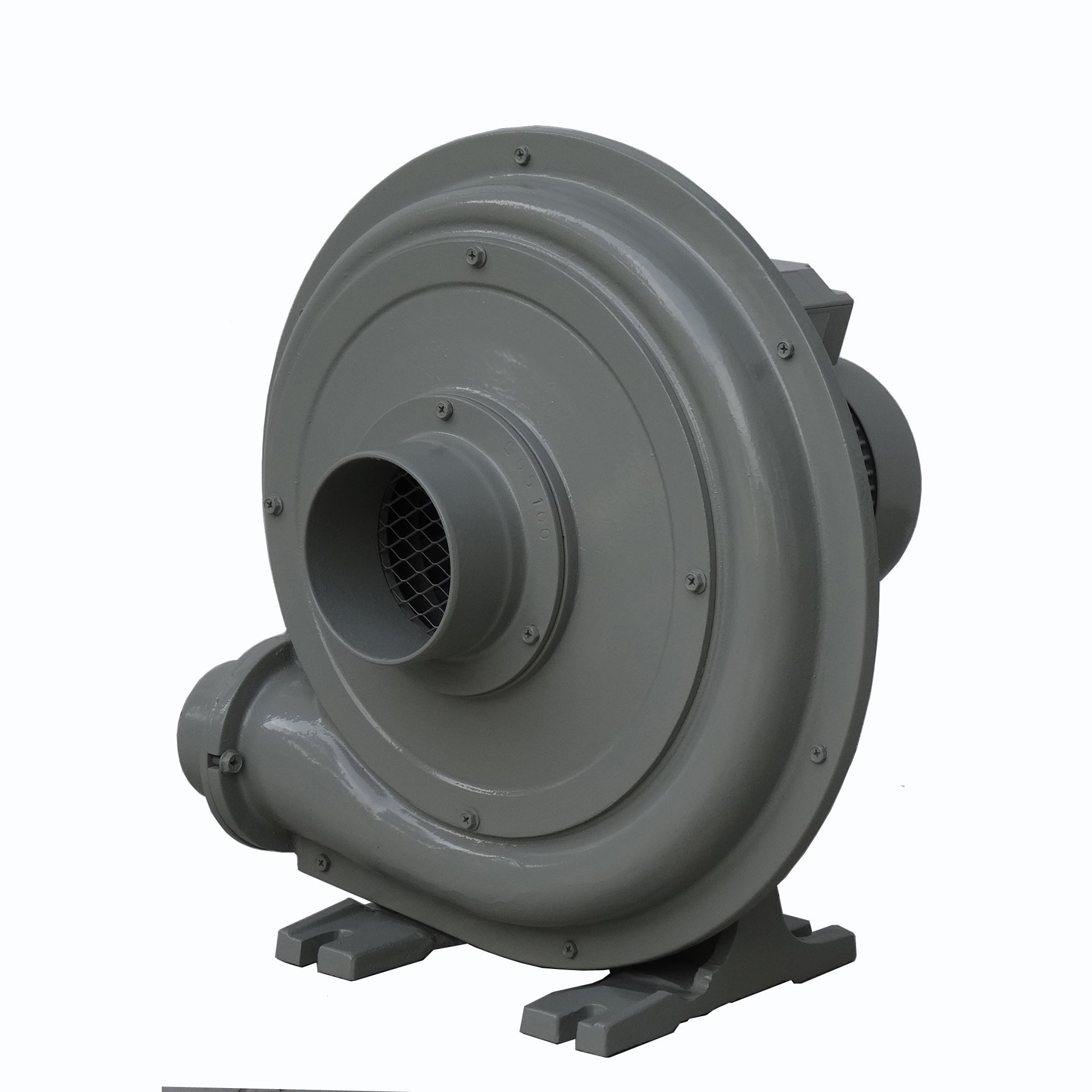An Uninterruptible Power Supply (UPS) system is an electrical apparatus that provides emergency power to a load when the input power source, typically the main power, fails. A UPS differs from an auxiliary or emergency power system or standby generator in that it will provide near-instantaneous protection from input power interruptions by supplying energy stored in batteries, supercapacitors, or flywheels. The on-battery runtime of most UPS systems is relatively short (only a few minutes) but sufficient to start a standby power source or properly shut down the protected equipment.
Here are the key reasons why you might need a UPS:
- Power Outages: The primary function of a UPS is to provide temporary power during electrical outages, ensuring that critical equipment does not shut down unexpectedly. This can be especially important for computers, data centers, healthcare equipment, and other critical systems where an unexpected power loss could lead to data loss, equipment damage, or other serious issues.
- Power Surges and Spikes: UPS systems can protect against power surges and spikes, which can damage electronic equipment. By providing a steady power output, a UPS can ensure that your devices receive a constant voltage level, regardless of any surges or spikes in the power supply.
- Voltage Sags and Brownouts: In addition to surges and spikes, UPS systems can also protect against voltage sags (temporary reductions in power) and brownouts (longer-term decreases in voltage levels), both of which can cause equipment to malfunction or shut down unexpectedly.
- Noise Filtering: Some UPS systems offer noise filtering, which removes electrical noise and interference from the power supply. This can improve the performance and longevity of sensitive electronic equipment.
- Data Protection: For computing systems, UPS units provide enough power to safely shut down computers and servers, preventing data loss and file corruption that can occur from an abrupt power loss.
- Business Continuity: In business environments, UPS systems are crucial for maintaining operations during short power outages and for allowing safe shutdown procedures, ensuring business continuity and preventing loss of productivity.
- Safety: In environments where power continuity is critical for safety, such as hospitals or emergency response centers, UPS systems provide a vital backup to ensure that essential services remain operational during power failures.
In summary, a UPS system is an essential component for protecting sensitive electronics from power-related issues, ensuring data integrity, and maintaining operations for critical systems during power disturbances. Whether for home, office, or industrial settings, a UPS can provide peace of mind and significant protection against unpredictable power quality issues.



